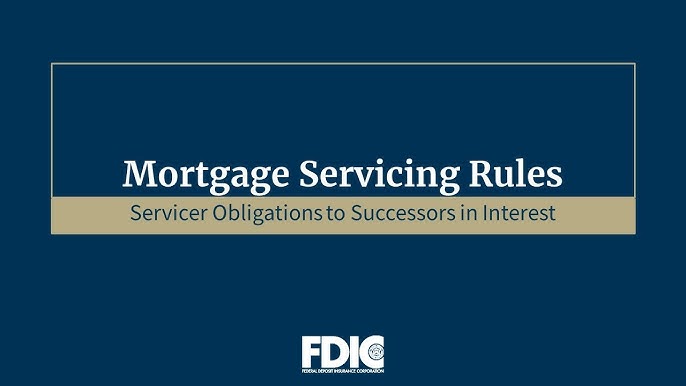Is a Negative Bank Account Balance Considered Dischargeable Debt in a Bankruptcy in St. Paul, Minnesota?
A Chapter 7 and a Chapter 13 bankruptcy are great ways for individuals to manage debt and pay down debt that has become untenable and overwhelming. In bankruptcy, most types of debts are dischargeable – this means that once a debtor successfully completes their bankruptcy case, the bankruptcy court will discharge, or legally wipe out the debt forever.
The Bankruptcy Code specifically provides that some types of debts are not dischargeable, however. These types of debt include: student loans, back child support and alimony, recent tax debt incurred within the three years prior to filing for bankruptcy, and debt that is criminal in nature.
It is common for individuals filing for bankruptcy to have a bank account with a balance that is negative, due to becoming overdrawn. This is due to the fact that people often find themselves in a position in which they are left with no funds, after they have paid their credit card bills and living expenses. The good news is that this debt owed to the bank is considered dischargeable in a bankruptcy, and can be wiped out forever. When an individual owes debt to a bank due to an overdrawn bank account, the bank gets listed as a creditor in the individual’s petition and schedules. From the date the individual files their bankruptcy case, the automatic stay goes into effect throughout the duration of the individual’s bankruptcy. The automatic stay protects debtors from any action the bank may take to collect on that debt. The bankruptcy discharge wipes out the debt forever. However, the downside to this is that the bank may choose to discontinue business with the debtor and may choose to close the debtor’s bank accounts. This is a minor drawback however, due to the fact that there are many other financial institutions in which the debtor may open new bank accounts with after filing for bankruptcy.
CALL NOW FOR A FREE STRATEGY SESSION FROM A MN BANKRUPTCY LAWYER AT LIFEBACK LAW FIRM
In preparing to file for bankruptcy, it would be wise to consult with an experienced bankruptcy attorney for guidance. Come visit us at our new office in the Cathedral Hill neighborhood of St. Paul, Minnesota, or come see us at LifeBackLaw.com!







